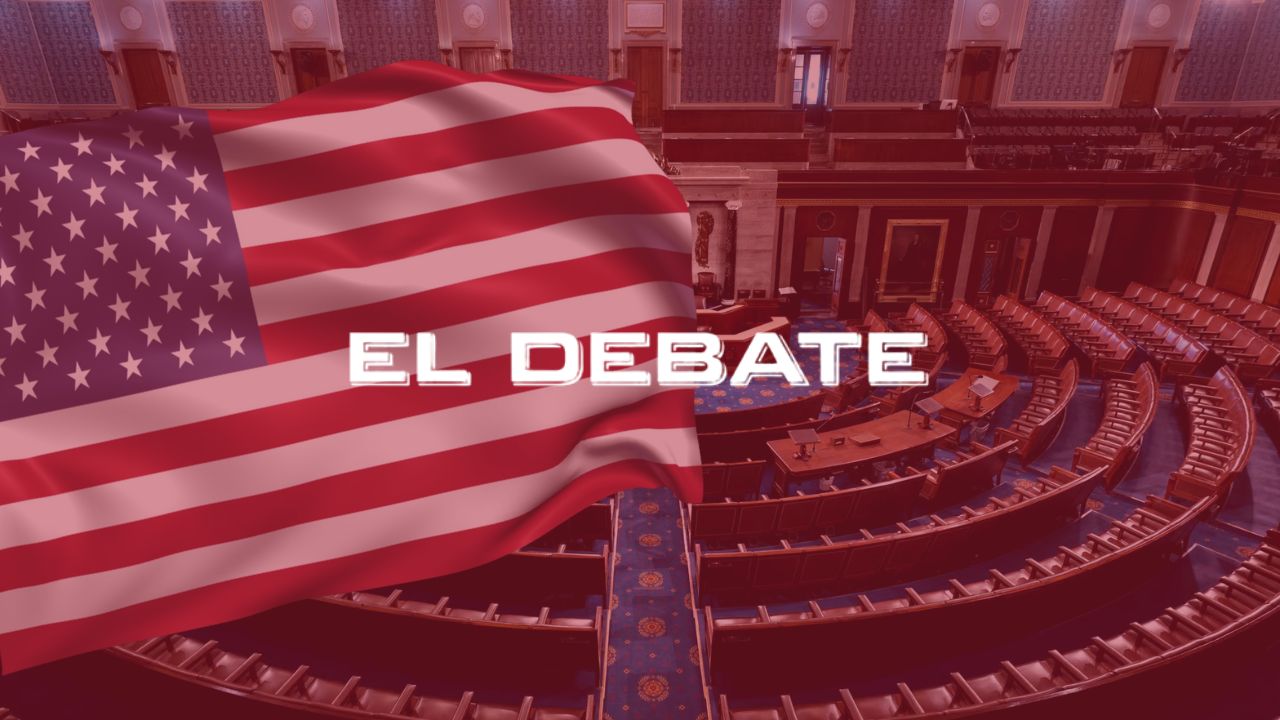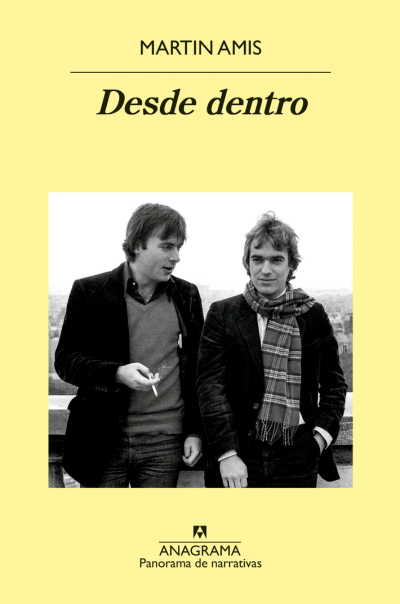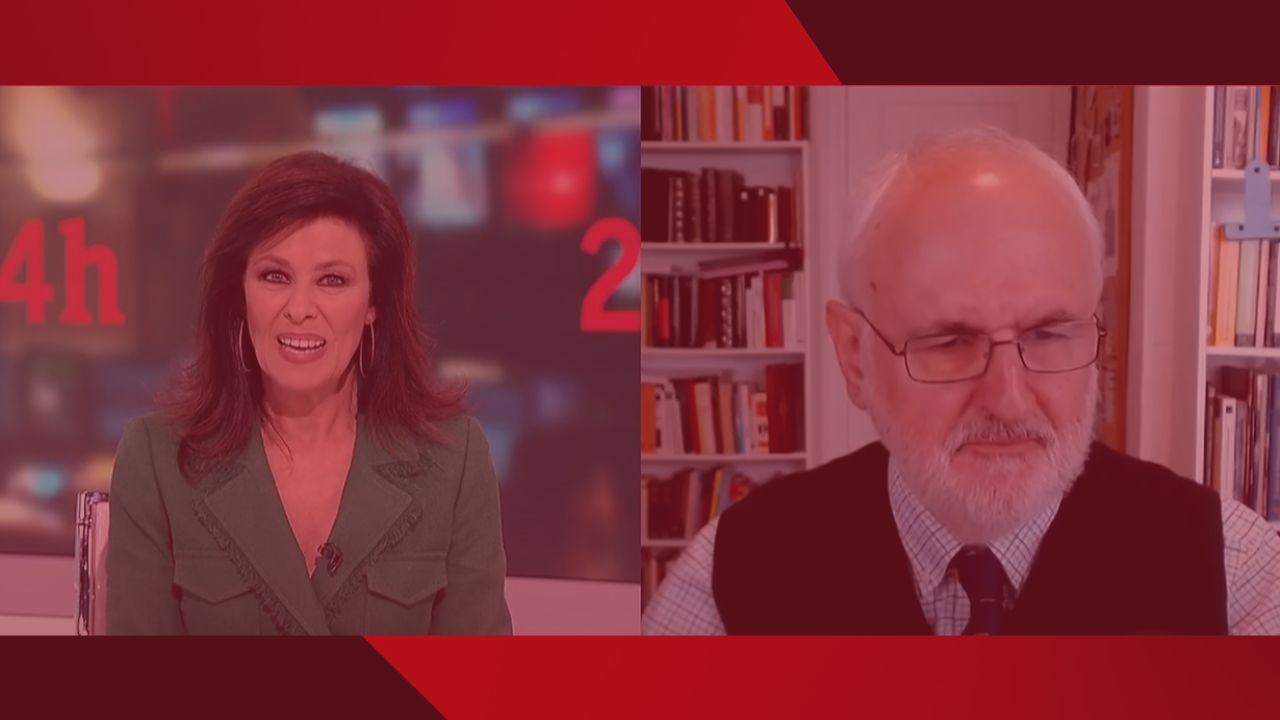Nuclear energy, gasoline, fire, the media or social networks can be used to obtain conflicting ends. In fact, almost everything that is susceptible to manipulation by the human being can be used in one direction or in its opposite. Technological tools, especially those that promote communication and dissemination of messages, fall into this category. They have a great impact on people’s lives because, despite being material, they drive intangibles. Talking about «new technologies» is somewhat outdated today, given that those devices that previously excited and produced astonished smiles, like those of a child receiving a new toy, have now become a double-edged sword, already known to all , and that politicians seem to know how to handle with insight.
Spain
There are few things, almost none, in which members of Congress have agreed in recent years. Therefore, it is striking that the new Organic Law 3/2018 of Protection of Personal Data and Guarantee of Digital Rights was one of the projects that has generated the most consensus of the entire previous legislature.
This new law allows parties to do something that no company can. It gives them free access to collect data about people, their political opinions, use that information to carry out political activities during the electoral period, and send propaganda electronically. Article 58 bis, a last minute addition, summarizes the controversy. This text establishes that the sending of electoral propaganda by “electronic means or messaging systems”, and through “social networks or equivalent means”, will not be considered commercial, so it will not be limited. That is, the parties may send us unsolicited advertising.
With this, the political formations have legalized through law what the population has criticised worldwide: Cambridge Analytica; the company indicated for using data from the Facebook social network to influence elections or political processes of multiple countries on four continents. The impact of this type of platform on citizens should not be underestimated. Facebook has about 2.2 billion users. There are more people united by this community than by any nation in the world.
Who is benefited from this? It can be argued that citizens will receive valuable data to vote; that it is not a hoax because politicians, with this new law, are becoming transparent with their methods; and that anyone can object to receiving their ads. But, in reality, voters will be provided with information designed by politicians, to influence them in a more emotional than rational way; not all citizens know in detail the scope of the laws; and anyone can unsubscribe, but only after being bombarded with propaganda.
United States, Ecuador, United Kingdom
In many occasions, several countries are involved in the same plot, due to the global reach of technology. An example is that of the WikiLeaks platform, responsible for leaks of official government documents such as the United States, and which has once again generated controversy. This time, by the arrest of its founder, Julian Assange. The Australian journalist has been a refugee at the Ecuadorian embassy in London since 2012, but the authorities in that country have just withdrawn his asylum. For some, this measure is the product of the change of a left-wing government, led by Rafael Correa, to a right-wing one, by Lenin Moreno, who should be ingratiated with the United States.
The fact that three powerful administrations are behind this journalist demonstrates the influence of his platform, which was born in 2006 with the purpose of creating a new order in the world, revealing the secrets of international leaders. Some of these publications have borne fruit that the founder expected, as it is said that they helped boost the Arab Spring of 2011, expose the support of Western governments to authoritarian regimes in North Africa, and mobilize the people of Tunisia. But not all of his work has been praised. Assange is accused of maintaining ties with Russia and having contributed to leaking emails from Hillary Clinton, an issue at all minor if it is admitted that it was a decisive milestone in the 2016 campaign that led to the victory of Donald Trump. Here you can clearly see how the technology is a double-edged sword. For some, Assange has become a defender of truth, freedom of expression and the right of citizens to be informed; and for others, he has been a thief who has endangered the national security of the United States.
Now that Assange is in trouble with justice at the international level, the behavior of different governments must be carefully observed. It is very important that, guilty or innocent, be respected with due process. National security is important, but justice and civil rights too. Otherwise, it would be giving credit to his version that what is happening to him is a montage of the United States, which seeks revenge after the publications of its platform, with which it only seeks to expose the truth.
Sri Lanka
Sri Lankan authorities prevented access to social networks in the country just after the terrorist attacks on April 21 to churches and hotels, which killed more than 200 people. This measure generated confusion, and brought to light again the fact that these platforms can cause negative and positive effects. They are likely to be used to disseminate information and communicate on a planetary scale; but also, to spread false news and increase panic among citizens at very delicate times. The same thing that can be praised by Facebook – global communication, fast and easy – has made it a dangerous tool – it is not the first time that authorities in a country have detected that the diffusion can harm citizens.
Technology can be used to communicate on a planetary scale, but also to spread false news and manipulate
There is no clear answer to handle these situations, because the line between freedom and security is sometimes not very clear; the debate between the two is long, and many budgets come together: that any extreme is bad; that freedom constitutes a right, but governments have obligations that sometimes clash with it; that not everything is rosy in today’s globalized world; that for some it is an instrument that helps them achieve their goals, for others it may be the opposite. Legislation becomes, therefore, a task of great difficulty, especially in a panorama as diverse and complex as today. The rules of the game are limited to a few, very specific, while the circumstances that govern are multiplied with each step taken by man.
Therefore, governments must act with the utmost prudence possible, without losing sight of the fact that social networks do not consist of a mere addition, but are part of people’s daily lives, how they build their culture. Respect, transparency and tolerance between governments and their citizens will become increasingly important. And there is no doubt that, if we have to choose between the extreme of freedom, and that of control for the sake of security, we must always choose, and defend, the first.






